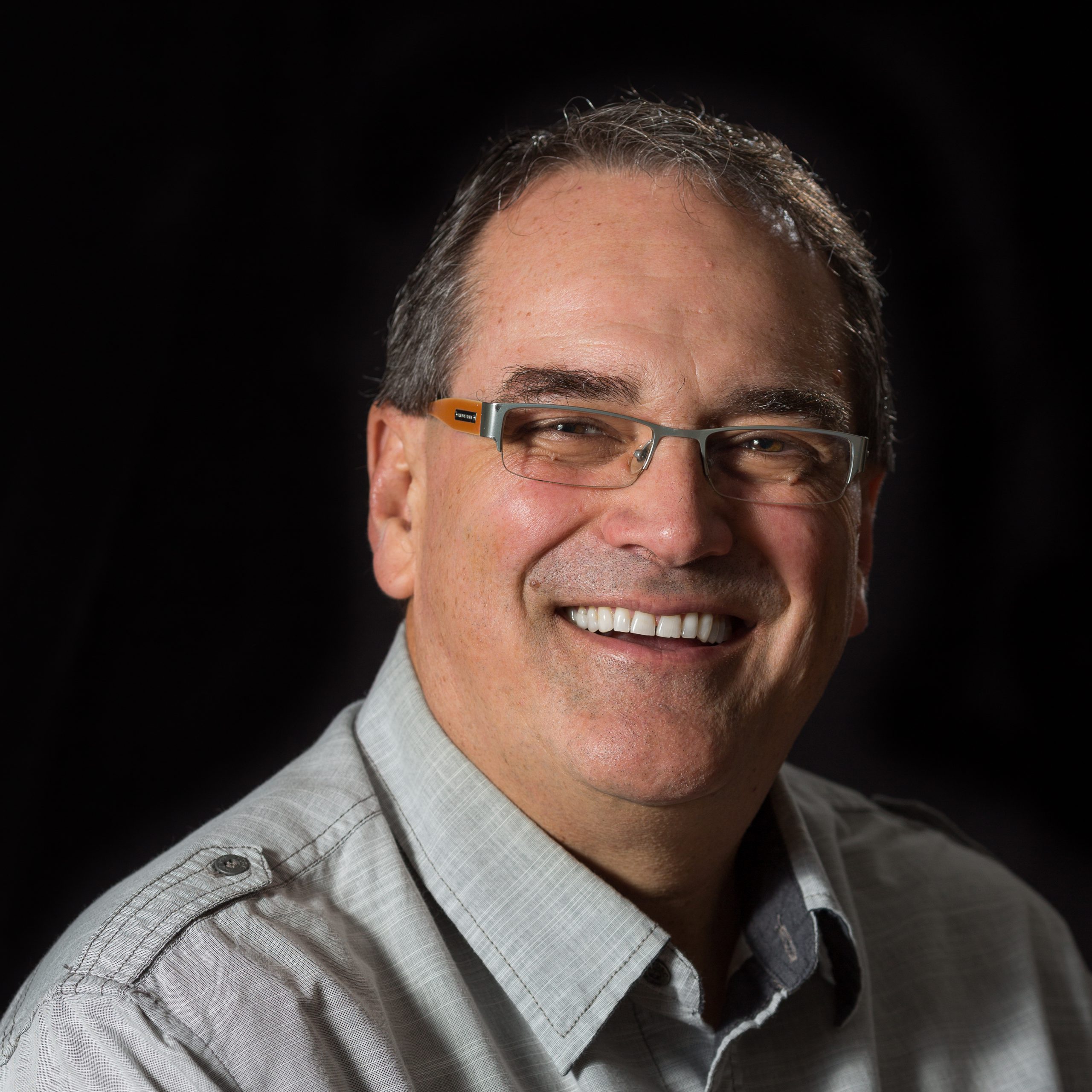Because Dinner Churches and other Fresh Expressions gather people with little or no experience with church or Scripture, we often serve folks who find the Bible opaque. So, we began looking for “entry points” to the story of what God is doing in the world.
When the early Church faced this problem, they told stories about Jesus. His life, His teaching, His miracles and His death and resurrection. That’s what the Apostles preached in Acts. It’s what they used for discipleship—just the stories of Christ.
Early Church gatherings were commonly around tables and meals. They would hear “one-point sermons” – a single story where they would be invited into the life of Jesus and in time He’d be invited into their lives.
With a few exceptions, those sermons were fairly short in length. And there is a reason for this – according to Paul, the gospel stories are the power of God unto Salvation (Romans 1:16). It is clear the first apostles let the Jesus stories carry the weight of their preaching.
What the Jesus Stories Book is and How to Use it
We wanted a Bible we could use in the Dinner Church context that centered on the Jesus Stories: Matthew, Mark, Luke, John, and Acts. This Bible would be a place for people to begin, an entry point that didn’t include a lot of notes, and explanations from translators and publishers.
On a practical note, we also proposed leaving out the numeric verse designations, which tend to truncate the stories and do not make much sense to those unfamiliar with the Bible. The verse-by-verse number markers used in most translations naturally focus your eyes on quotes and thoughts. They visually direct you into line-by-line thinking. We wanted to remove all of those and just let it be paragraphs and stories that naturally pull you into the big story.
We partnered with the American Bible Society to craft this Bible. We used the CEV (Contemporary English Version) translation and kept simple headings for the stories. The result is a simple tool that is accessible to everyone who comes through the doors.
Jesus Stories is different because it draws the reader into the stories of Jesus with no distractions. Most Bible projects assumed the readers would be approaching scripture to study it, and provided accordingly cross-references and historical notes. However, this Jesus Stories project assumes secular first-time readers, and allows them to be swept up into the actual daily life of Jesus and his first followers. We pass Jesus Stories out to every guest as a gift, and our pastors preach out of it every week.
Three Parts of the Jesus Story Experience in our Dinner Churches
- Storytelling. The speaker shares for about a 7-to-10 minute talk. The sermon consists of someone reading and then retelling in their own words a story from the Gospels or Acts.
- Testimonial. The storytelling is followed by the speaker telling how that particular story has impacted and shaped their life. (I.e. enabled them to find more peace, or caused boldness to flare up in them, or actually breathed healing into their mind or body, etc).
- Reflection and Prayer. The speaker ends by inviting those listening to think about what the story is saying to them? And then offer a generous prayer of favor and blessing upon those present.
In our network of Dinner Churches, we’ve seen this simple approach impact individuals with seemingly no interest in Christian spirituality. The story leaves them intrigued with the life of Jesus, and plants a “living story” into their hearts. In fact, we often get feedback that they found themselves thinking about last week’s Jesus Story all week long. Of course those of us in the household of faith know why – our Jesus is revealing Himself to them long after they leave our rooms. In time, they move from thinking ‘about’ Jesus and start praying ‘to’ Jesus, after which their life is never the same.
Why Jesus Stories are Essential for Our Church
It’s not that we don’t use other parts of Scripture but we bring them in as supporting material. However, we are comfortable to make the Jesus Stories our primary content. All preaching, discipleship, and evangelism are informed by Jesus Stories, and we hope to always be growing in our ability to let these stories flow out of us naturally and often in our conversations and interactions as the Spirit prompts.
We hope by making the Jesus Stories Bible available we’ll see more Churches and Fresh Expression faith communities grab hold of this simple way of sharing the good news!
A Guide to Telling Jesus Stories
The stories about Jesus—and the stories Jesus told—have changed the world. They are still changing it today.
Here are three steps to help you learn to tell these powerful stories to others. Use this guide alone or, better yet, with a small group of friends.
STEP 1: Let the story get inside you!
Choose a story. Start with a shorter one, such as “A Storm” as told by Mark (found in Jesus Stories, page 85) or “A Dying Girl and a Sick Woman” as told by Matthew (found in Jesus Stories page 19).
Later, try a longer one, such as “An Official who Refused to Forgive” as told by Matthew (found in Jesus Stories, pages 43–44).
Read the story a few times silently and aloud. Ask others to read the story to you. Listen to them as they read it. Once you’ve read and heard the story a few times, ask and discuss the following questions:
- What do I like about this story?
- What bothers me about this story?
- What does it say about God?
- What does it say about me and other people?
- What is one thing I can do to make this part of my life?
- What will I do with this story? Share it? Apply it? Spend more time with it?
STEP 2: Let the story affect you!
Ask and discuss these questions to help you notice how the story of Jesus is affecting you:
- How does the story make me feel?
- Is there conflict?
- Who is Jesus talking to?
- Are there any characters I identify with?
- Are there details that have particular meaning for me? for my community? for the world?
- What parts don’t I understand?
- Does this story make me want to change?
- Does this story make me think of someone to share it with?
STEP 3: Let the story flow out of you!
- Practice telling your Jesus story to someone else.
- Be yourself! There’s no need to be dramatic when you tell the story.
- Use these questions to help you learn to tell the story naturally without memorizing it:
- What aspect of the story do I want to highlight?
- What details help make that point?
- What details seem confusing or less helpful?
- How do I introduce the story to different people in different contexts—dinner tables, casual conversations, different events?
- Have I put the story in words that are understandable, accurate, and interesting?
- How will I help my listener want to tell the story to someone else?
- After you tell your story, describe the experience to a friend or small group. What happened!?
- If possible, invite new listeners to go through the questions in Steps 1 and 2. What new perspectives do they bring?
A Prayer
Pray that the stories of Jesus become second nature to you and to all who hear them from you. May Jesus Stories become part of your everyday lives, shaping you, and flowing naturally out of you to others.


